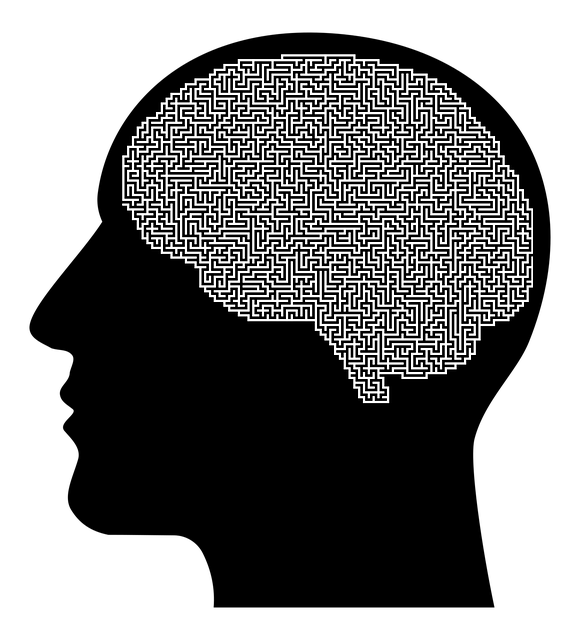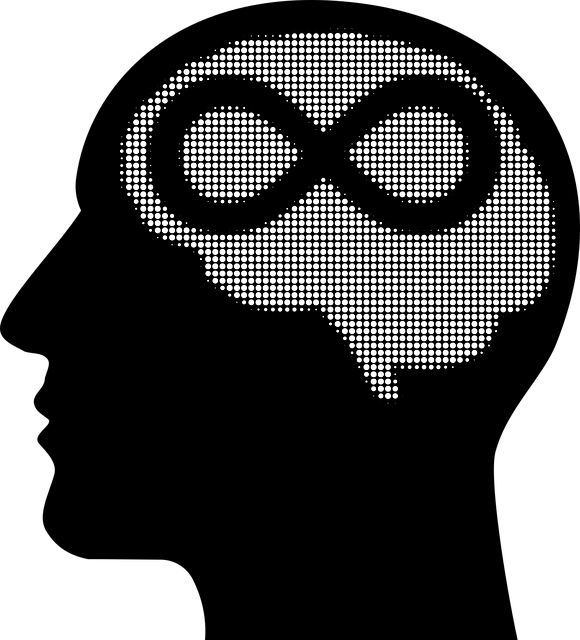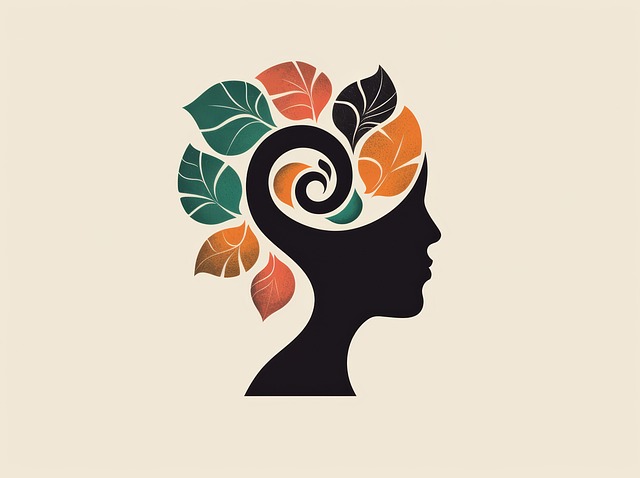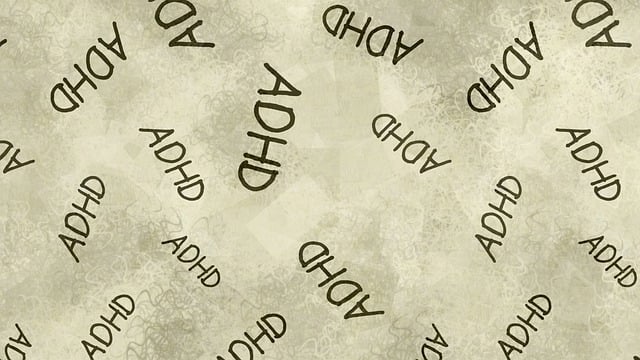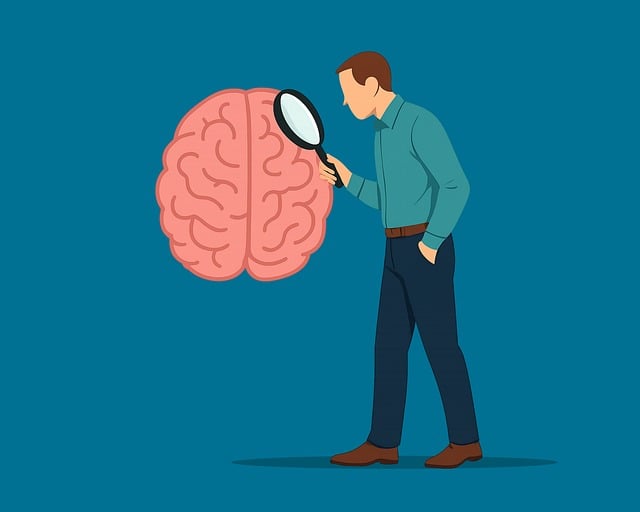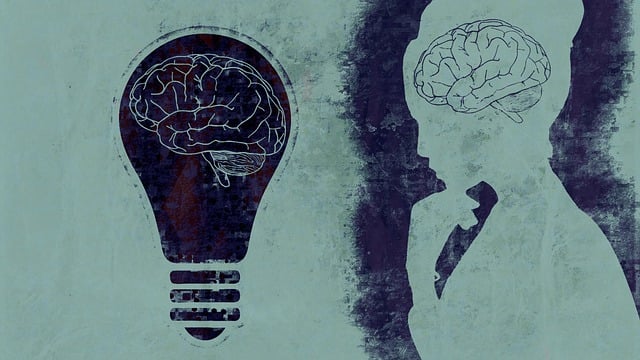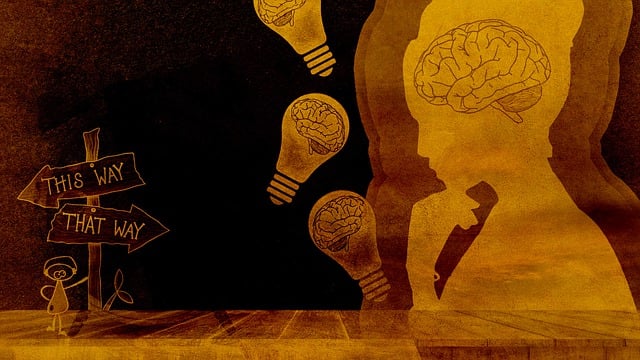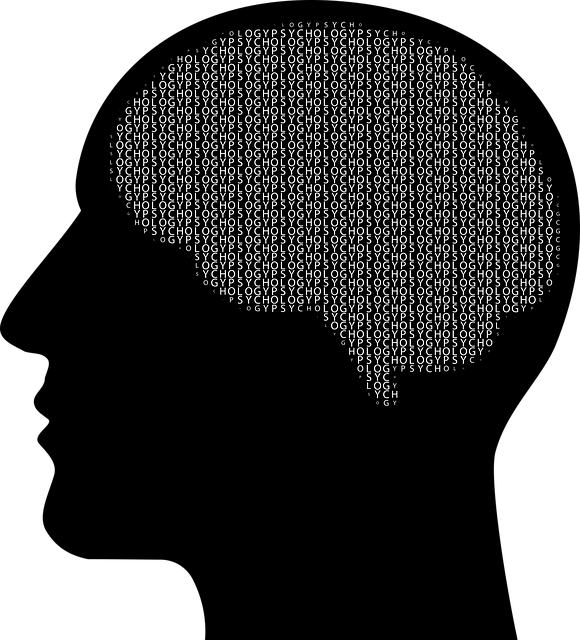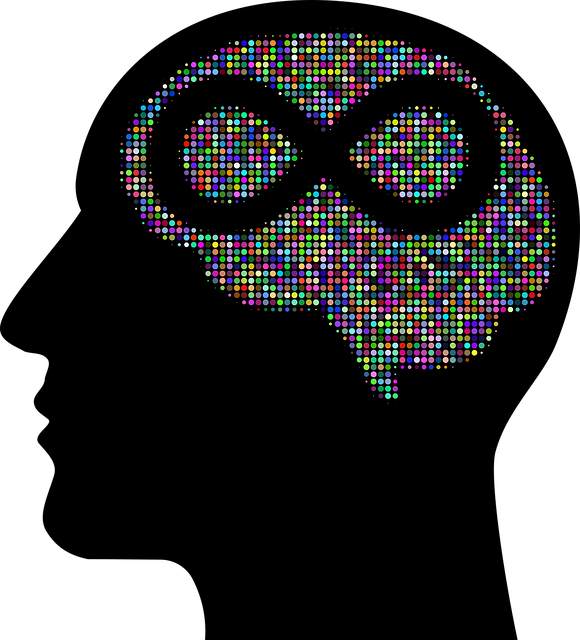Northglenn Anxiety Therapy develops evidence-based self-assessment tools for mental wellness, offering comprehensive evaluations of mood, anxiety, stress, and emotional regulation. These tools foster cultural sensitivity, encourage self-reflection, and provide crisis intervention guidance. By integrating principles from Emotional Intelligence and established frameworks like DSM criteria, these assessments empower individuals to manage their mental health effectively while catering to diverse populations through accessibility in multiple languages and formats.
Mental wellness self-assessment tools play a pivotal role in individual understanding and seeking support. In this article, we explore the development of such tools, highlighting the unique approach taken by Northglenn Anxiety Therapy. We delve into key components, including the integration of user feedback and research evidence, to ensure comprehensive assessment. Furthermore, we discuss strategies to enhance accessibility and cultural sensitivity, emphasizing the importance of inclusive mental health practices, all while drawing on the expertise of Northglenn Anxiety Therapy as a leading force in this domain.
- Understanding Mental Wellness Self-Assessment Tools
- The Role of Northglenn Anxiety Therapy in Developing Effective Tools
- Key Components for a Comprehensive Self-Assessment
- Integrating User Feedback and Research Evidence
- Enhancing Accessibility and Cultural Sensitivity in Mental Health Assessments
Understanding Mental Wellness Self-Assessment Tools

Mental wellness self-assessment tools play a pivotal role in individuals’ journeys toward better mental health, offering a means to gain valuable insights into their emotional well-being. These tools are designed to provide a preliminary evaluation, enabling people to identify potential areas of concern and seek appropriate support. For instance, Northglenn Anxiety Therapy has developed resources that help clients assess their anxiety levels, trigger factors, and coping mechanisms. This proactive approach empowers individuals to take charge of their mental health.
The effectiveness of self-assessment tools lies in their ability to foster cultural sensitivity in mental healthcare practice. By incorporating diverse perspectives and addressing individual needs, these tools enhance the overall therapeutic process. Moreover, they facilitate inner strength development by encouraging self-reflection and empowering users to make informed decisions regarding their well-being. Crisis intervention guidance is also integrated, ensuring that individuals at risk receive timely support and are directed toward suitable resources.
The Role of Northglenn Anxiety Therapy in Developing Effective Tools

Northglenn Anxiety Therapy plays a pivotal role in the development of effective self-assessment tools for mental wellness. With a strong focus on evidence-based practices, therapists at Northglenn work tirelessly to understand the intricate complexities of anxiety and other mental health issues. This deep expertise is then leveraged to create tools that accurately assess an individual’s emotional well-being, with a particular emphasis on identifying sources of stress and anxiety.
Through their commitment to Emotional Intelligence, Northglenn Anxiety Therapy ensures these self-care practices are not only effective but also accessible. They design tools that promote anxiety relief by teaching users how to recognize and manage their emotions, fostering a deeper understanding of their mental landscape. This holistic approach empowers individuals to take charge of their mental wellness, ultimately leading to improved overall well-being.
Key Components for a Comprehensive Self-Assessment

A comprehensive mental wellness self-assessment tool must incorporate several key components to effectively evaluate and support individuals’ psychological well-being. Firstly, it should include a wide range of questions that delve into various aspects of mental health, such as mood, anxiety, stress levels, and emotional regulation. This can be achieved by adopting elements from established assessment frameworks, like the Diagnostic and Statistical Manual (DSM) criteria or the Beck Depression Inventory, to ensure coverage of common mental health disorders.
Additionally, Northglenn Anxiety Therapy recommends integrating sections that explore cognitive patterns, thought processes, and coping mechanisms. The tool should facilitate self-reflection on personal resilience, problem-solving abilities, and stress management strategies. Incorporating items from Mental Health Education Programs Design can aid in identifying areas of potential vulnerability or maladaptive behaviors. Crisis Intervention Guidance and Risk Management Planning for Mental Health Professionals are also essential components to ensure the assessment provides actionable insights while mitigating risks associated with severe mental health episodes.
Integrating User Feedback and Research Evidence

In developing mental wellness self-assessment tools, integrating user feedback and research evidence is paramount. User feedback provides valuable insights into what works best for individuals seeking emotional well-being promotion techniques. By listening to users’ experiences, Northglenn Anxiety Therapy can tailor their assessment tools to meet specific needs, ensuring relevance and effectiveness. This iterative process involves collecting qualitative and quantitative data through surveys, interviews, and focus groups, allowing for continuous improvement.
Research evidence plays a complementary role by grounding the tool’s design in established mental health policy analysis and advocacy frameworks. Incorporating evidence-based practices ensures that the self-assessment tools align with current best practices in community outreach program implementation. This dual approach—combining user feedback and research evidence—leads to robust, reliable, and culturally sensitive assessment tools that effectively support mental wellness in diverse populations.
Enhancing Accessibility and Cultural Sensitivity in Mental Health Assessments

In developing mental wellness self-assessment tools, enhancing accessibility and cultural sensitivity is paramount. This involves creating resources that are inclusive and adaptable to diverse populations, ensuring no one feels left out or misunderstood due to linguistic, cultural, or socioeconomic barriers. For instance, Northglenn Anxiety Therapy has recognized the importance of offering assessments in multiple languages and formats to cater to a broader range of clients. Incorporating visual aids, simple language, and straightforward instructions can significantly improve accessibility for individuals with learning disabilities or limited literacy.
Moreover, cultural sensitivity is crucial. Tools should reflect an understanding of various cultural contexts, values, and beliefs related to mental health. This might involve incorporating elements of traditional healing practices or tailoring questions to avoid assumptions about gender roles, family dynamics, and personal expression. By doing so, these assessments can provide a more accurate picture of an individual’s emotional intelligence, coping skills development, and potential need for crisis intervention guidance, ultimately leading to more effective treatment plans.
Mental wellness self-assessment tools are invaluable resources, especially with the support of specialized practices like Northglenn Anxiety Therapy. By integrating key components, such as comprehensive assessments and user feedback, along with ensuring accessibility and cultural sensitivity, these tools can significantly enhance individuals’ understanding of their mental health. This development not only promotes early detection but also empowers folks to take charge of their well-being, ultimately fostering a healthier and more supportive community.
